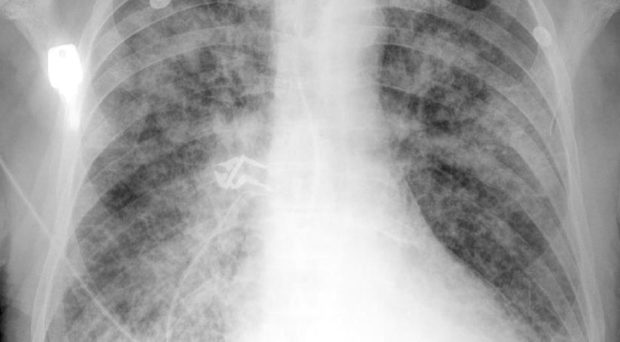
Early detection of the disease is key to improving patient health and Brochard states that ARDS is misdiagnosed and often detected in late stages of the disease.
Minimizing blood transfusions and starting antibiotics earlier could potentially reduce cases of ARDS especially in those already hospitalized. Brochard also stresses that more understanding is needed regarding cellular aspects of this syndrome as there are various causes such as sepsis, flu or an adverse reaction to a blood transfusion.
By monitoring blood oxygen and carbon dioxide levels or even performing bilateral chest x-rays, ARDS can be detected sooner thus improving patient outcome. In his research, Brochard hopes to better define the different kinds of ARDS and create targeted therapies.
Comments